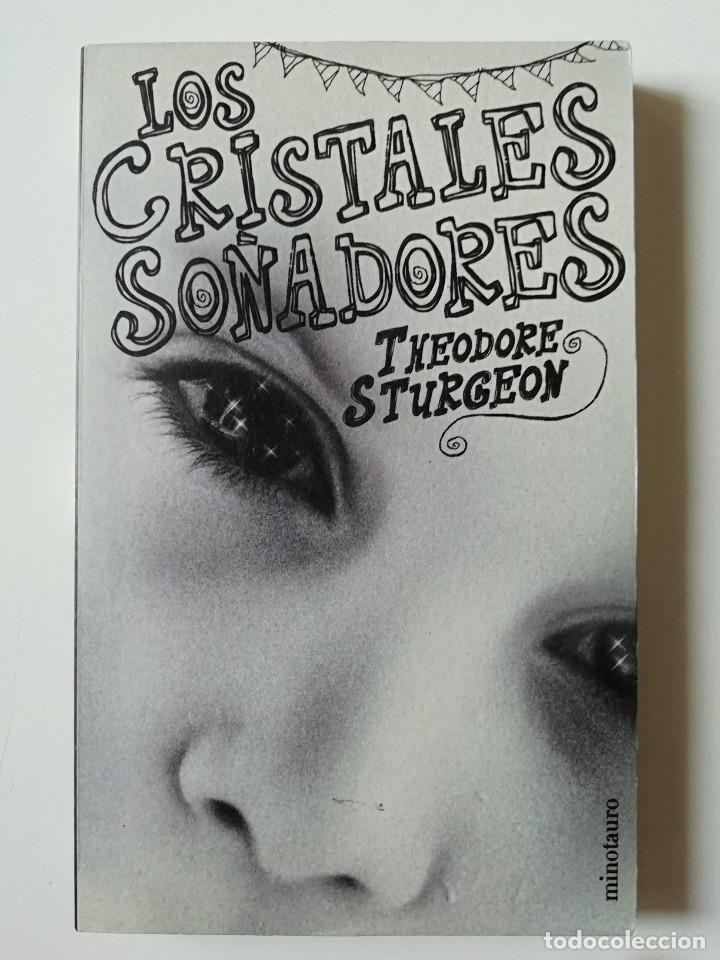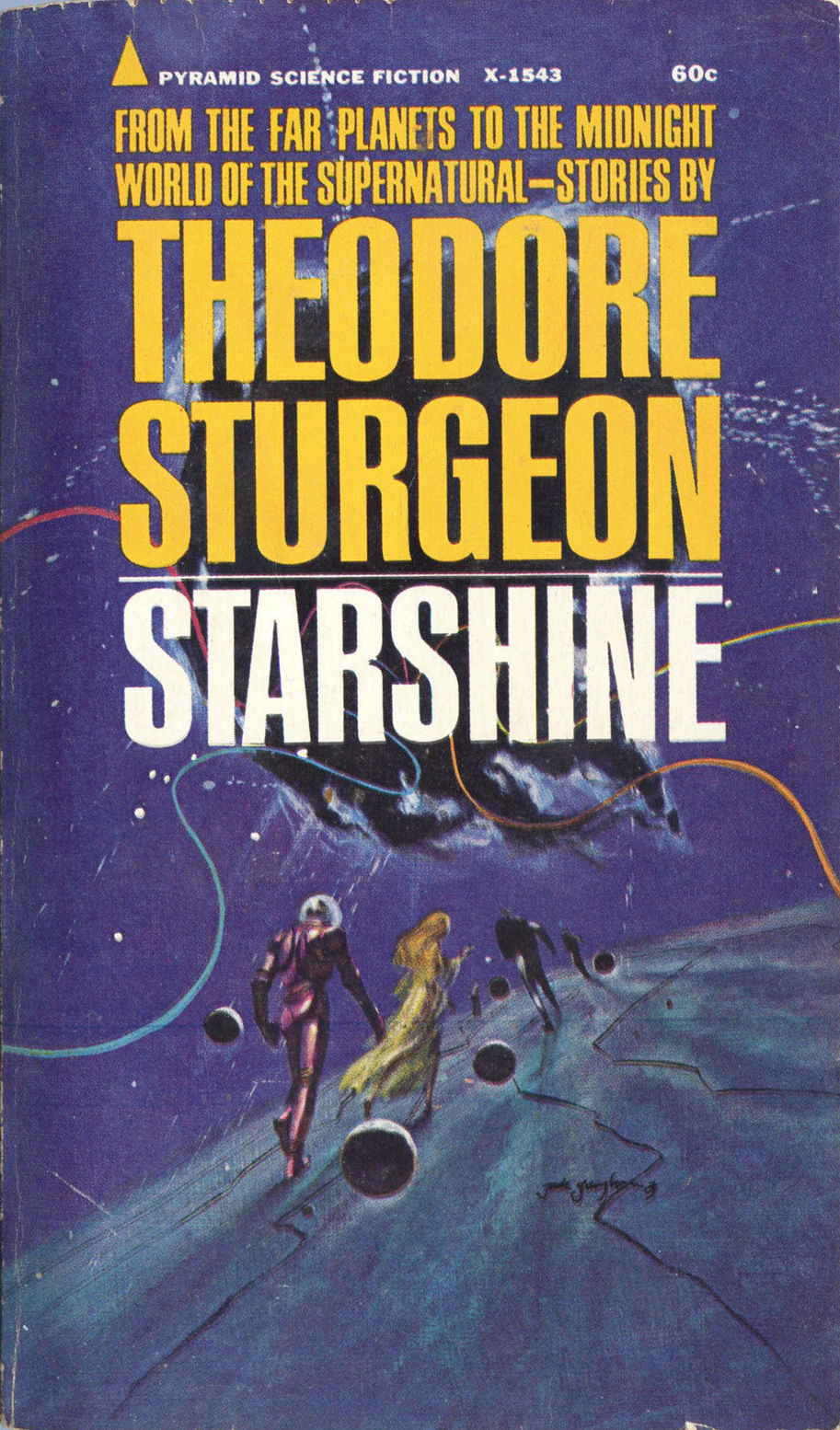

There was something in this man, with his frightening changes of voice and his treacherous humor, his kindness and his cruel aura, which the boy found deeply appealing. I never thought to ask anyone about it, even.

Something they'd be sick if they lost it, like.

I used to think everybody had something like that. If I was underlining in this book (I can’t, it’s Lauren’s), I would have underlined… With where this book goes, and knowing what I know about Sturgeon’s Vulcan work on Star Trek, I’m starting to think that might be a theme of his career. Interestingly, my next Sturgeon book to read is More Than Human. As the book progresses, Horty learns what it is to be human on the inside and the outside, and sometimes being biologically human doesn’t mean your mind is. Horty, the midgets of the carnival, and the Snidely Whiplash-esque Maneater (née Monetre) all seem fully-realized, which is kind of remarkable of a feat in a story as short as this. Just because it’s sparse doesn’t mean it isn’t memorable. You get the feeling that Sturgeon has sat on this one for quite a while, and thought about this from every angle. This sounds negative, but it isn’t! I think this may be due to Sturgeon’s sparse, efficient style and not at all the author trying to skim over something he hasn’t fully thought out.

When another character says “wait that doesn’t make any sense”, the first says “of course it doesn’t!” and the narrative powers on. For some reason I can’t explain, Sturgeon’s world works incredibly effectively even when logical leaps are made that I just can’t make. The introduction of carnies will tend to do that. Theodore Sturgeon builds a word that has one foot in the mundane and one in the unusual. Just aliens that aren’t intednding to impact humanity at all. There’s no robots, no space travel (except implied), no aliens trying to take over (intentionally). The way this book unfolds is so subtly scifi and I love it.


 0 kommentar(er)
0 kommentar(er)
